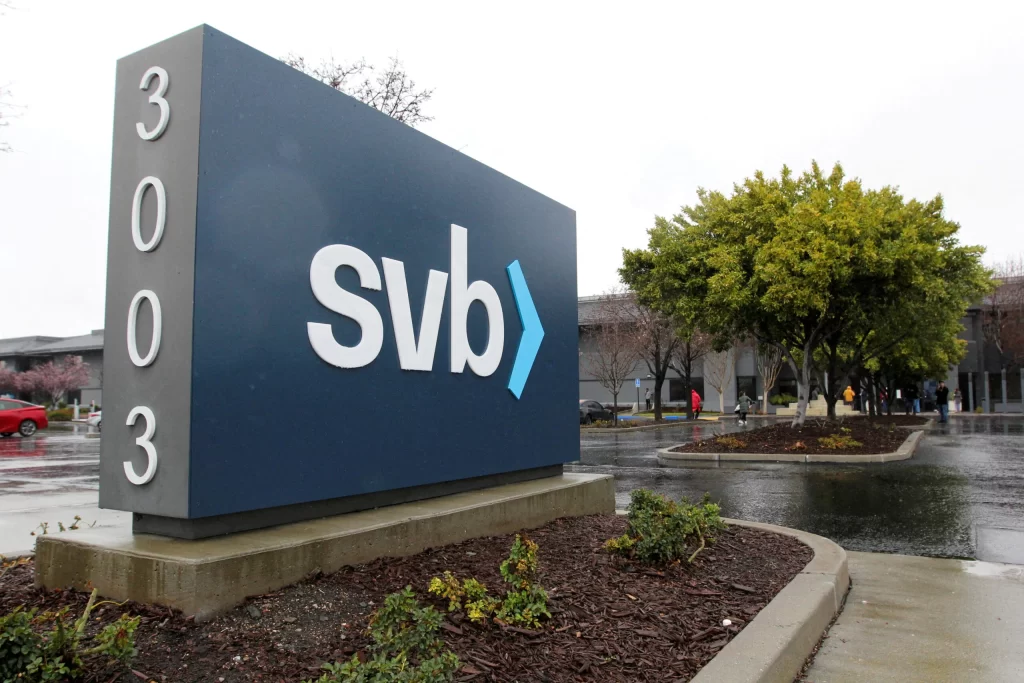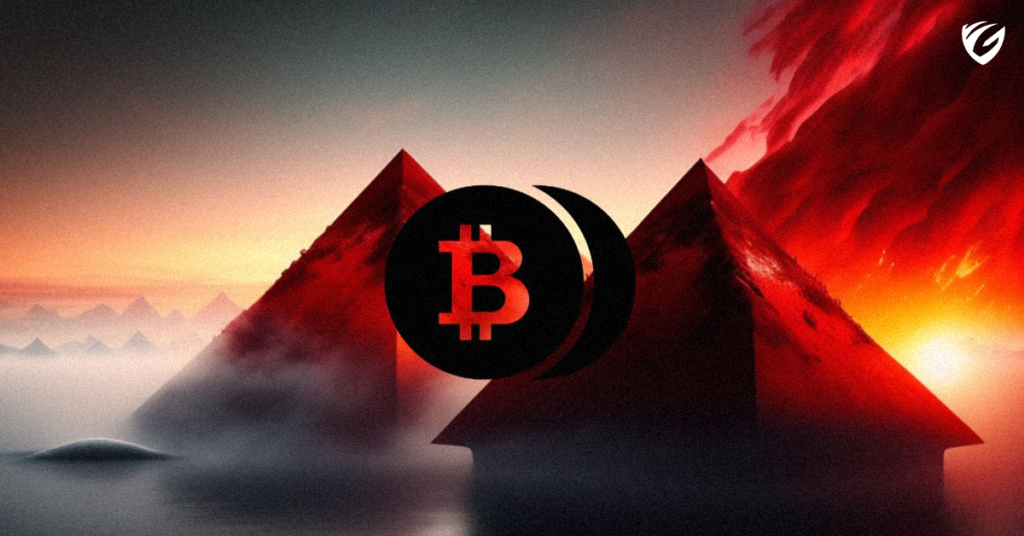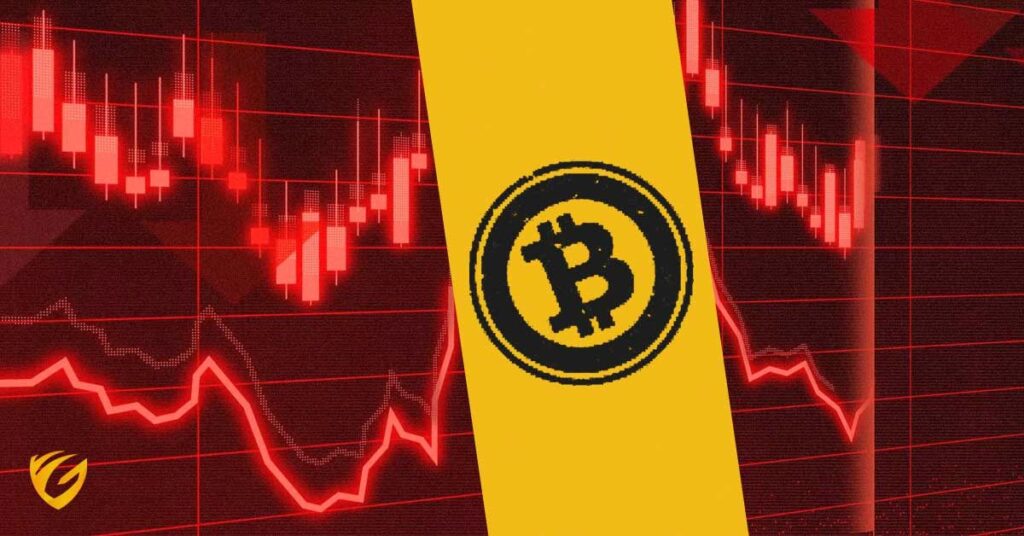What is Solana and why do investors love this Ethereum rival?
By YGG News • June 14, 2022
What is Solana and why do investors love this Ethereum rival?
Solana (CRYPTO:SOL) is a blockchain platform known for its speed and efficiency. The Solana blockchain offers fast transactions with low transaction fees, better security through sharding and optional hardware support, and compatibility with Ethereum DApps through sidechains. It is the fastest PoS blockchain in the world with block time of 60 seconds.
Solana’s History
Solana’s white paper was published in 2017 by Anatoly Yakovenko, a former Qualcom and Dropbox employee. The paper outlines what the Solana project is and how it works. The idea behind the blockchain is to enable more interoperability between blockchains and to make transactions easier and faster. Yakovenko teamed up with his former colleague at Qualcomm, Greg Fitzgerald, currently Solana’s chief technology officer, to build Solana.
Inititally called Loom, the company behind Solana was founded by Yakovenko, Fitzgerald, and Stephen Akridge who joined them soon after. The company raised $20 million in 2019 to help fund the development of Solana. Solana’s beta mainnet launched in March 2020, with basic transaction capabilities and smart contract features.
Solana’s Core Features
Solana uses a new consensus algorithm called Proof of History (PoH), which improves upon Proof of Stake (PoS) and Proof of Work (PoW) by solving a fundamental problem inherent to PoS and PoW: only validators who own coins can validate blocks, so block rewards go to validators—not miners—who stake the most coins. Proof of Work and Proof of Stake both suffer from similar economic problems: they reward block producers for securing and validating transactions at the expense of miners and validators. This encourages miners to prioritize transaction validation over network security and wastes energy on meaningless work like “hashrate wars” and “selfish mining.”
PoH helps create more efficiency and higher throughput within the network by storing historical records of transactions and allowing the system to keep track of the order of events more easily. It’s designed for enterprise-level use, with features such as smart contracts, oracles, and interoperability with legacy systems and databases. Solana enables developers to create applications without dealing with the blockchain infrastructure or consensus protocols themselves, and it allows businesses to deploy private or consortium blockchains with enterprise-grade performance, security, and scalability.
The Solana blockchain is also fully compatible with Ethereum’s virtual machine through sidechains. That means any DApp written for Ethereum can be ported to Solana. However, Solana includes several improvements to improve scalability and security. The Solana blockchain has sharding and an optional hardware acceleration layer for lower latency and higher throughput.
How does Solana work?
Solana has a unique consensus mechanism and built-in privacy technology. Solana’s consensus mechanism eliminates the need for expensive mining hardware and is more energy efficient than Proof of Work consensus systems like Bitcoin and Ethereum. In addition, Solana’s privacy-oriented Deterministic Random Function (DRF) enables smart contracts to execute transactions without revealing their details to the network or anyone else. This helps prevent attacks such as double spending and denial-of-service (DoS) attacks on smart contracts, which are generally untraceable and irreversible on public blockchains such as Ethereum and Bitcoin. In addition, Solana offers high scalability through techniques such as sharding and on-chain governance and rewards that incentivize participation.
Solana’s native token – $SOL
Solana’s native token is called $SOL and is used to purchase resources on the network and award network validators. $SOL tokens will be distributed to validators as a reward for securing the network and providing governance services.
The SOL token holders can also earn rewards for supporting and maintaining the Solana Network by staking their tokens in the Solana Proof-of-Stake (PoS) Network. These rewards are distributed to the PoS node operators based on their stake in the network. On average, a PoS node operator can expect to earn about $300 USD per year in rewards at current market prices of SOL tokens.
SOL is valued at $29.51 at publishing time, with a maximum supply of 489 million coins and a circulating supply of 342,208,521 SOL.
What makes Solana stand out?
Solana is widely considered as the most scalable and first truly web-scale blockchain in the world, as it’s among the few protocols achieving over 1,000 TPS.
Moreover, Solana claims to support over 50,000 TPS, with over 200 nodes on the current testnet — making it 10,000 times faster than Bitcoin and 3,800 times faster than Ethereum.
As such, Solana is aiming high and aims to see mass adoption for its blockchain network.
By offering high throughput and decentralization, Solana hopes to become the go-to solution for enterprises and governments wanting to build and deploy private blockchain networks at scale. The Solana platform can also support a variety of use cases such as smart contracts, IoT devices and connected devices and medical records.
The Future of Solana
In June 2021, Solana Labs raised $314,159,265 in a private token sale led by Andreessen Horowitz and Polychain Capital.
“Solana is build-ready today. After seeing explosive growth in global developer uptake, we are convinced that scalability and throughput in blockchain are now a solved problem. This is an inflection point akin to the moment that PC’s became widely accessible in the 1970’s,” said Anatoly Yakovenko in a press release. “The next phase is onboarding a billion users. Solana was built from the ground up to accommodate this scale. With this funding, Solana Labs is now positioned to bring in the right partners and capital to build products and tooling to get there.”
With the network’s speed, low-cost transactions and industry-leading throughput, the Solana ecosystem will surely attract more projects in the future, driving global blockchain adoption.



